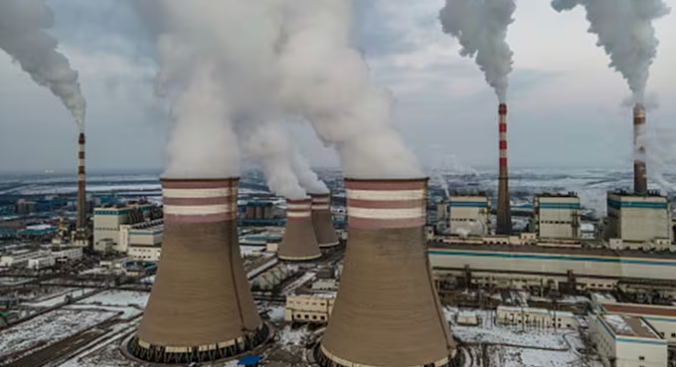A recent study highlights a significant increase in methane emissions, a major contributor to climate change. In 2020, global methane emissions reached 670 million tons, marking a nearly 12% increase since 2000. The study, published in Environmental Research Letters, reveals that human activities are largely responsible for this rise, with emissions from human sources jumping nearly 18% over two decades, compared to a mere 2% increase from natural sources.
Methane levels in the atmosphere are now 2.6 times higher than pre-industrial levels. After a plateau in the early 2000s, methane levels are soaring again, driven by fossil fuel combustion, large-scale agriculture, and landfills.
Rob Jackson, the study’s lead author and head of the Global Carbon Project, calls methane a “climate menace” that has been neglected. He notes that although carbon dioxide is a more significant long-term threat, methane’s shorter atmospheric lifespan makes it a critical target for climate action.
In 2000, 60% of methane emissions were from human activities. By 2020, this figure had risen to 65%. Jackson emphasizes that reducing methane could yield rapid climate benefits.
Climate scientist Bill Hare, while not involved in the study, finds the findings alarming but not surprising. He stresses that achieving the Paris Agreement’s goal of limiting warming to 1.5°C requires substantial cuts in both carbon dioxide and methane emissions.
Current trends, however, put the world on track for 3°C of warming, double the Paris Agreement’s target. The study highlights increased human-caused methane emissions across most regions, with significant rises in Asia, particularly China and India.
From 2000 to 2020, methane emissions from coal mining, oil, and gas increased by 33%, while landfill and waste emissions rose by 20%, and agriculture emissions by 14%. Cows are identified as a major source of methane emissions.
Critics, including Cornell University’s Robert Howarth, argue that the study underemphasizes the impact of methane from fracking, which began in 2005 and is linked to a sharp increase in methane emissions.
Jackson notes that natural methane emissions from tropical wetlands have also risen due to warmer temperatures, a troubling development given the lack of solutions to mitigate these emissions.
Despite promises made in 2021 to address methane, Jackson indicates that global monitoring shows rising concentrations, suggesting that current efforts are insufficient.
University of Victoria’s Andrew Weaver agrees, stating that significant additional work is needed to avoid severe global warming consequences.

